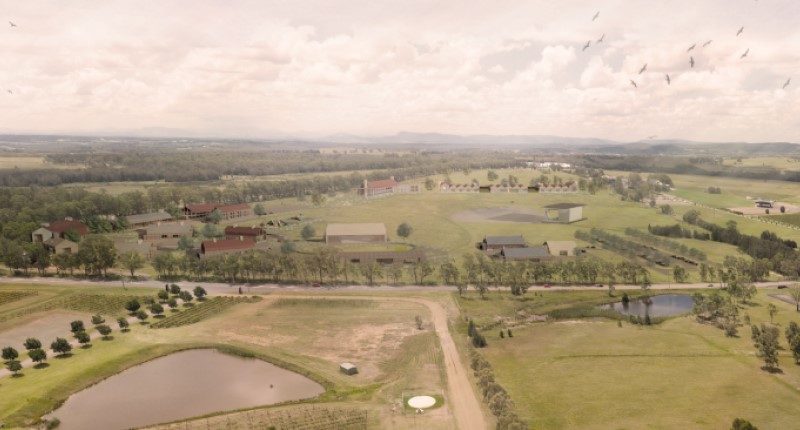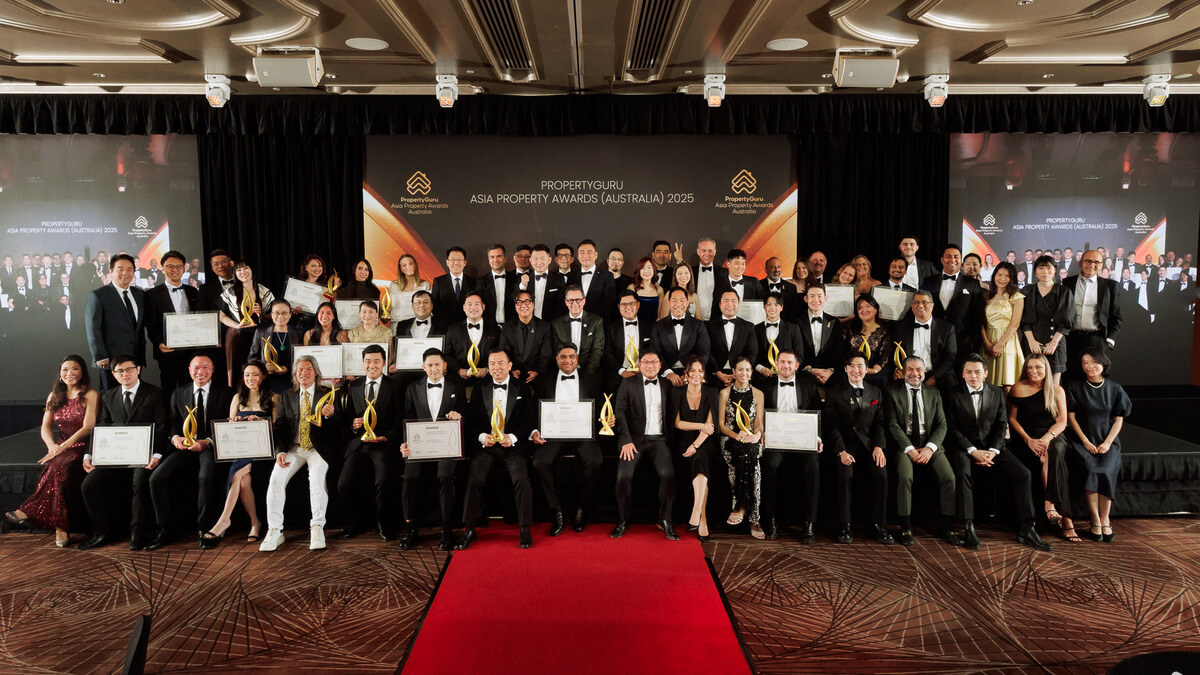- The site will become a tourist and vineyard hub
- Was acquired by the recently formed Cedar Mill Group
- Project to cost $107M
A Hunter Valley site in NSW is set to become a tourist and vineyard hub with a 100-bed hotel, wine museum and 22,000 person concert venue after being acquired by the Cedar Mill Group.
The group, which was recently formed by Winarch Capital, will build the amphitheatre and tourism projected to the tune of $107 million.
The announcement follows the $235 million redevelopment of Morisset Golf Course, to be known as Cedar Mill Lake Macquarie which will become a 30,000 person concert venue with cafes, restaurants, accommodation and an aquatic play park that is set to be the largest in Australia.
The group hopes the site attracts tourists seeking high-end visitor experiences such as boutique goods from local growers and operators with dining experiences inspired by the local agricultural heritage and winemaking, distilling and brewing.
According to the REMPLAN economic modelling, the proposed $107 million project will bring 68,045 additional visitors to the region injecting about $33 million a year.
Kyle McKendry, Cedar Mill Group General Manager, described the position of the site in Pokolbin as the last remaining premium development site in the Hunter Valley region.
“It is 105 acres right in the centre of Hunter Valley wine country and had been held by the previous owners for over 30 years. It was an amazing opportunity,” Mr McKendry said.
“Without doubt, this is a very significant acquisition for the Cedar Mill Group and an exciting step towards our plans to have outdoor venues coupled with exciting tourism concepts in the best locations in Australia and New Zealand.
“Our aim is to provide an unparalleled visitor experience in the heart of the region, offering a gateway for tourists to connect with everything that makes the Hunter Valley a world-class visitor destination and event hub.”
Kyle McKendry, Cedar Mill Group General Manager
Paul Lambess, Winarch Capital CEO, said once completed, the hub will be a boom for the local economy.
“During construction, there will be direct jobs but also indirect jobs through supply chain and support workers,” he said.
“This will have a flow-on effect for the local economy. We want to become part of the community both during construction and ongoing operations by providing jobs and opportunities for local people.”








